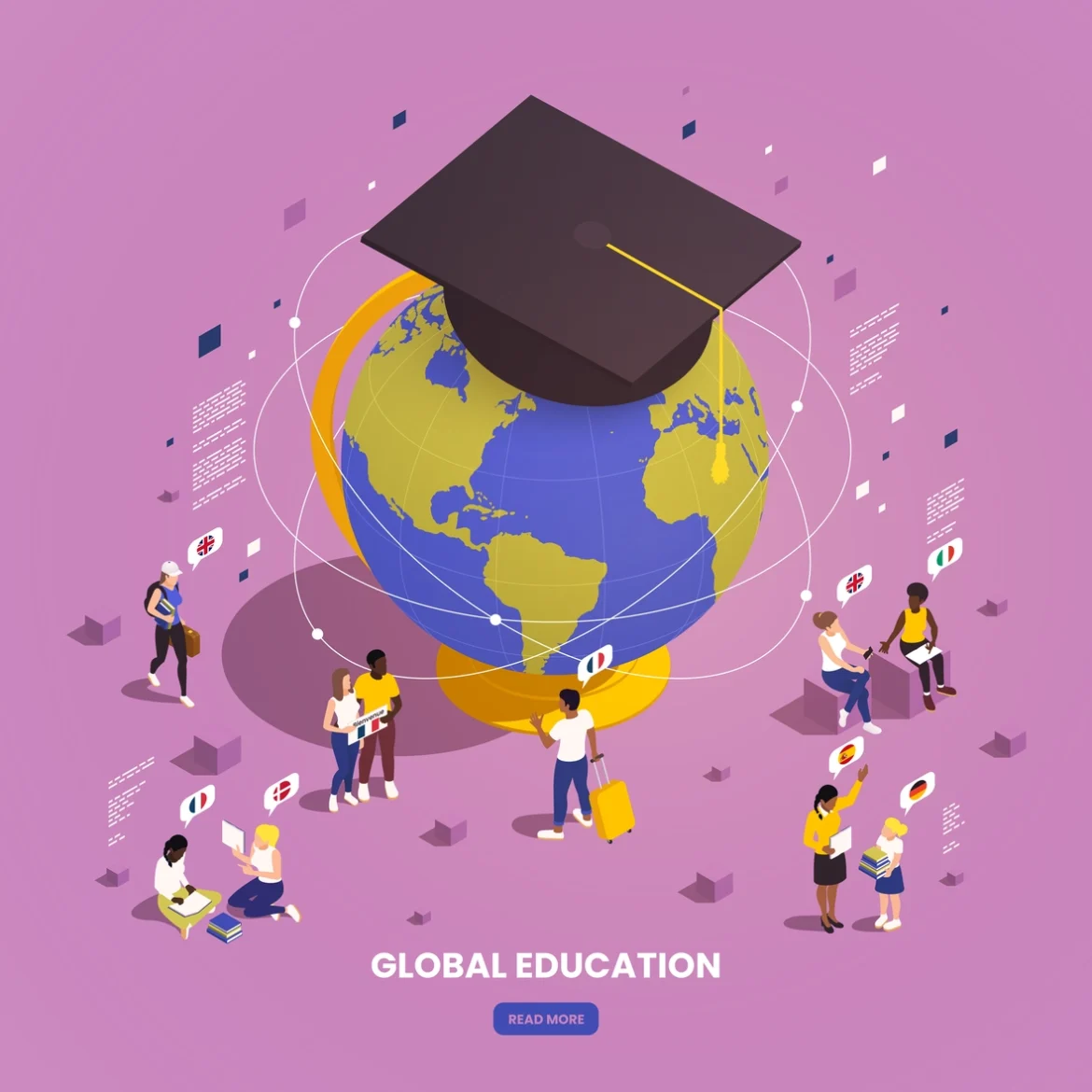The Education Above All Foundation (EAA) and the World Bank are forging a joint partnership to enhance access to quality education for out-of-school children globally. After a high-level meeting between Fahad Al Sulaiti, CEO of EAA Foundation, and Mamta Murthi, Vice-President for Human Development at the World Bank, they are now committed to supporting marginalized groups and promoting innovative education delivery.
Enhancing Access to Quality Education
The partnership aims to advocate for and provide quality education to out-of-school children, youth, refugees, and IDPs. By creating a common platform, resources will be directed effectively to empower vulnerable children and offer them a pathway to a brighter future through education.
Education for Climate Action
The partnership also prioritizes education for climate action, aiming to integrate environmental awareness and sustainable practices into the education system. This will empower the next generation with the knowledge and skills to address environmental challenges effectively.
Innovative Financing Mechanisms
Efficient public spending on education is vital for improved learning outcomes. The partnership will explore innovative financing to address the pandemic’s impact on education, with global aid playing a crucial role in financing investments, especially in low-income countries. Additional resources will be mobilized to bridge education funding gaps.
Supporting Government Capacities
The collaboration aims to enhance governments’ capacity in education policy, finance, and management, strengthening education systems in developing countries. Through positive dialogue between various stakeholders, including Parliaments, Ministries of Education, Ministries of Finance, and the private sector, the partnership seeks to create a promising future for children and youth worldwide.
Summing it up
The EAA Foundation and the World Bank’s partnership is a major milestone in advancing global education. Through resource pooling, innovation, and supporting government capacities, they aim to provide quality education to vulnerable children and youth worldwide. This collaboration offers hope for a brighter, more equitable future amid the pandemic’s impact on education.


